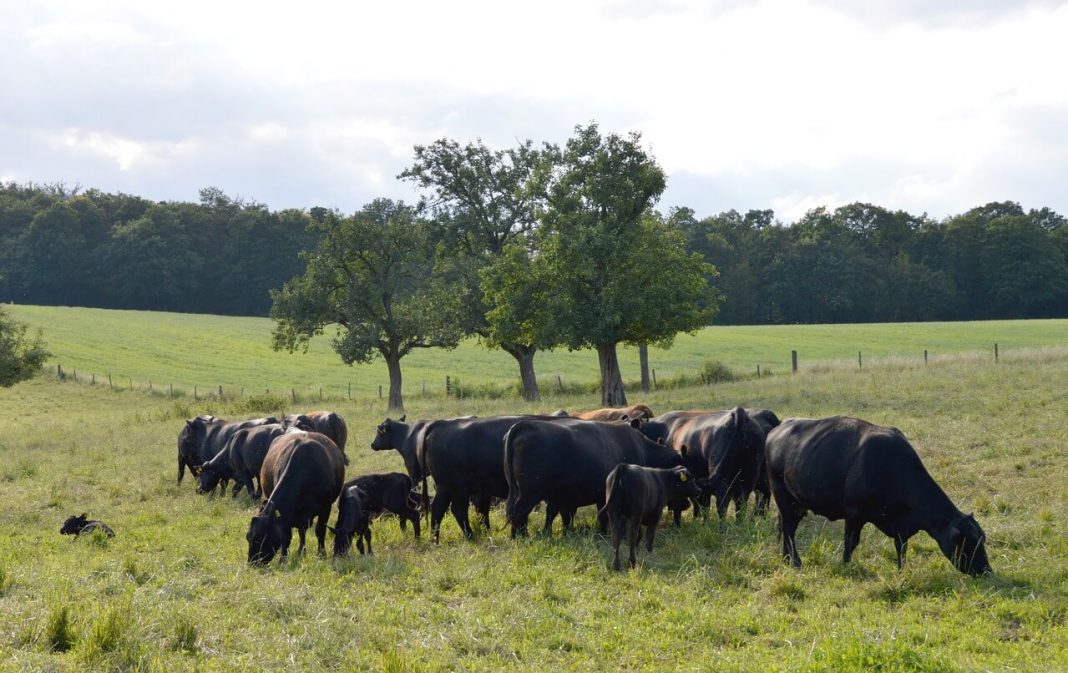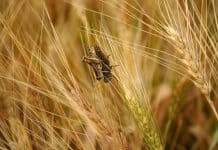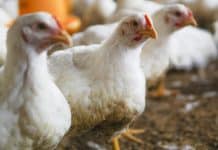This article is part of a series of informative animal health articles. The series goes hand in hand with the #VideoVet video series – watch the video below.
When referring to reproductive management, the first thing that needs to be clarified is what the term entails. Successful reproduction is defined as the ability of animals to breed, conceive, nourish the embryos, and deliver a viable young animal at the end of a normal gestation period.
During pregnancy, cows must be vaccinated/dosed and given production licks to ensure the production of good colostrum. Calves need to ingest sufficient quantities of good quality colostrum to provide them with protective immunity while their own immune system is still developing. If a farmer is to remain successful, all cows must calve every year.
Basic health management
Reproductive management starts with basic health management. There are a few areas pertaining to health management that must be implemented on-farm to optimise results. These include:
- A sound vaccination programme. It is vital to keep the time of vaccination, production stage of your animals and disease risks in your area in mind.
- A proper dosing programme against internal parasites. This should be based on the production stage of the animal and the particular parasite you are targeting.
- A thorough tick control programme. Tick control is critical for a healthy, productive animal. Your tick control programme should match your strategy. Do you need to take a seasonal approach, or do you only need a strategic approach to control ticks on individual animals? Your treatment method must be suited to the requirements of your farm and the available facilities. The options include pour-on products, a spray race, plunge dipping, or injectable products.
- A sound nutrition programme. Nutrition is the basis of good reproduction, so make sure your animals are in an optimal body condition.
- Proper housing and security. Your animals must be comfortable and safe, so make sure your facilities are adequate.
Farm-specific programmes
Since every farm is different, farmers need to have a programme designed specifically for them, that bears in mind effective management flow on that specific farm. From a management point of view, this custom-made programme needs to simplify life as much as possible.
This programme should include all the production stages of the animals as well as herd health and breeding. The gestation period of the species produced, is also critically important in a programme, as it would partly determine dipping, dosing and vaccination intervals.
It is also crucial to ensure that all calves and lambs get the best possible start in life by using the correct vaccination and dosing programme suited to your individual needs. Do not try to save money in this respect. It is best to consider the cost of a sound reproductive management programme in terms of price per head as well as price per herd. Then calculate your return on investment. Or conversely, calculate your losses, should you not have such a sound programme!
Recordkeeping
Recordkeeping must form an integral part of your programme. At MSD Animal Health, we have a good recordkeeping tool for farmers called the ‘book of health’. This book of health contains a budget tool, year planner, sheep vaccination programme, and all the relevant product names.
It will also remind you of your next vaccination/dosing/feed date. In order to obtain the book of health, you will need to receive training from your MSD Animal Health area agent.
Taktic® Cattle Spray

Reg. No. G2535 (Act 36/1947).
Namibia Reg. No. V02/18.3.4/781 NS0.
Composition: 12,5 % m/v Amitraz.
Indications: For the control of ticks on cattle and ostriches. For the treatment of mange mites and lice on goats. For the treatment and control of sheep scab mites (Psoroptes ovis), itch mites, sheep lice (Bovicola ovis) and keds.
Pack size: 200 ml, 500 ml, 1 L, 5 L, 20 L.
For more information, contact your MSD Animal Health representative or visit www.msd-animal-health.co.za. To watch more videos in this series, click here.








